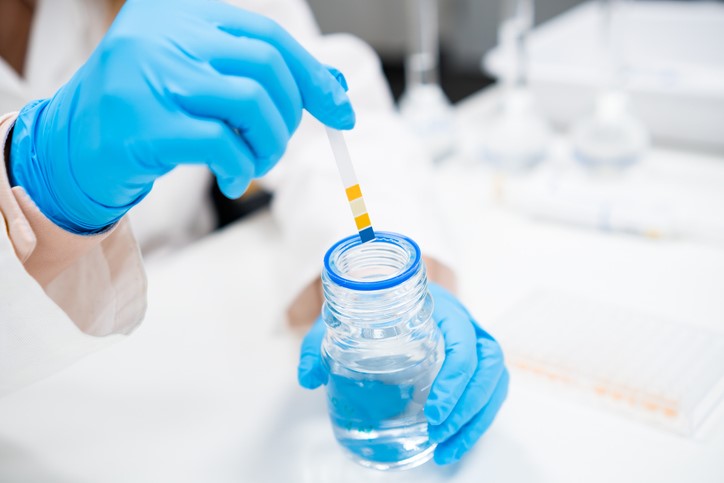When you rely on a private well for your drinking water, ensuring its safety is paramount. Two significant contaminants that homeowners should be vigilant about are coliform bacteria and E. coli. Understanding the importance of testing for these bacteria, knowing your responsibilities as a well owner, and being aware of remedies can safeguard both your health and your family.
What are Coliform Bacteria and E. coli?
Coliform Bacteria
Coliform bacteria are a group of microorganisms found in the environment, including soil, vegetation, and the intestines of warm-blooded animals. While not all coliforms are harmful, their presence in well water indicates that the water may be contaminated with fecal matter, which can carry pathogens that pose health risks.
E. coli
E. coli, short for Escherichia coli, is a specific type of coliform bacteria. While many strains of E. coli are harmless, certain strains can cause severe foodborne illness. The presence of E. coli in well water is particularly concerning, as it suggests direct contamination from human or animal waste.
The Importance of Testing Well Water
Health Risks
Both coliform bacteria and E. coli can lead to serious health issues, including gastrointestinal illnesses, vomiting, diarrhea, and in severe cases, kidney failure. Testing your well water regularly helps identify these harmful bacteria before they can impact your health.
Environmental Changes
Environmental factors like heavy rainfall, flooding, or nearby agricultural activities can affect your well’s water quality. Regular testing allows you to detect changes in water safety due to these external influences.
Peace of Mind
Knowing your well water is safe provides peace of mind. Regular testing reassures you that your family’s drinking water is free from harmful contaminants, fostering a healthier home environment.
Homeowner Responsibilities
As a private well owner, you bear the responsibility for ensuring the safety of your water supply. This includes:
- Regular Testing: It’s recommended to test well water at least once a year for coliform bacteria and E. coli, particularly after heavy rain or if you notice changes in water quality.
- Understanding Local Guidelines: Familiarize yourself with local regulations and guidelines regarding well water testing. Many states or municipalities provide resources to help you.
- Maintenance: Regularly inspect your well system, including the wellhead, for any signs of damage or potential contamination sources.
- Educating Your Family: Ensure that all family members understand the importance of safe water practices, including not using chemicals or fertilizers near the well.
Remedies for Contamination
Coliform Bacteria
If your water tests positive for coliform bacteria, there are several remedies available:
- Shock Chlorination: This method involves adding chlorine to the well to kill bacteria. However, it’s essential to follow this with thorough flushing and retesting.
- Filtration Systems: Installing a filtration system can provide ongoing protection against bacteria.
- Regular Maintenance: Ensure your well is properly maintained to reduce contamination risks, such as fixing any cracks or ensuring proper drainage away from the well.
E. coli
Finding E. coli in your well water is more serious and may require more stringent measures:
- Shock Chlorination: As with coliform bacteria, this method can effectively eliminate E. coli but there are downsides to consider.
- Filtration Systems: Installing a filtration system is an affordable way provide ongoing protection against bacteria.
- Upgrading Your Well System: Depending on the source of contamination, you may need to consider improving your well construction, such as installing a better seal or deeper casing.
- Alternative Water Sources: In cases of severe contamination, using bottled water or another safe water source may be necessary until your well is restored to safety.
Conclusion
Testing your well water for coliform bacteria and E. coli is not just a good practice; it’s a vital part of being a responsible homeowner. Regular testing protects your family’s health, ensures compliance with local regulations, and contributes to a safer community. By understanding the potential risks and taking proactive steps, you can maintain a safe water supply for years to come. Remember, when it comes to your well water, prevention is always better than cure!
If you’re interested in clean water in your home – schedule a free, no-obligation in-home water analysis with an Artisanal Water local expert.
Call (704) 315-6344 or fill out our contact form.
